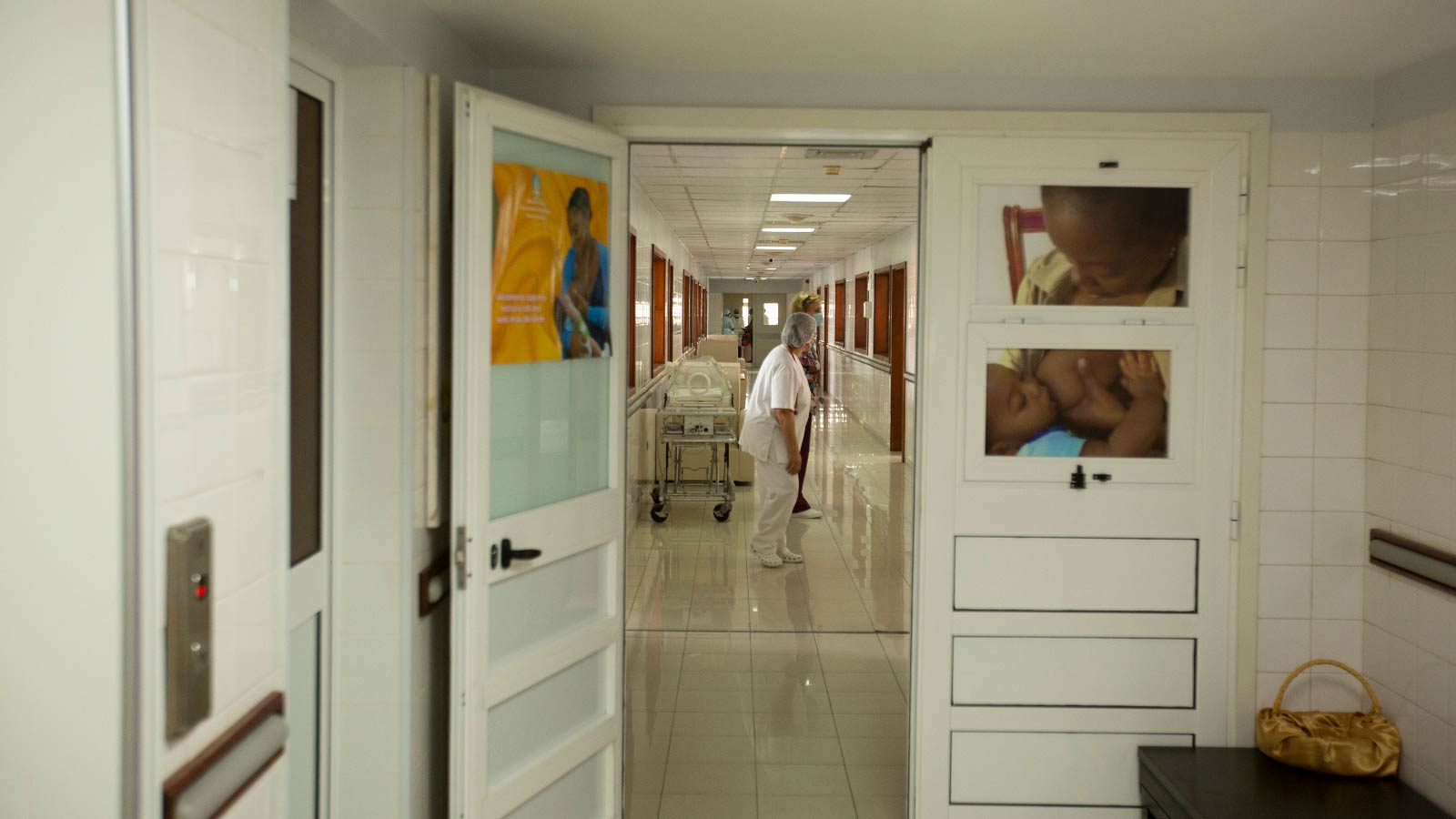Technology at the service of maternal health in Angola

Over the past year, 30,000 pregnant Angolans have registered with the Monami programme, through which they receive regular SMS messages about pregnancy and childbirth care. The aim of these messages is to improve the families’ knowledge of safe motherhood and raise awareness of the importance of prenatal consultations, preventing possible complications and helping to reduce maternal and child mortality rates in Angola.
According to a study on the impact of the programme carried out by Maze Impact, more than 95% of the beneficiaries reported that they learned new things from these messages and shared the content with family and friends, noting improvements in their eating habits, in managing pregnancy symptoms and in taking medication.
Signing up for this programme is completely free and can be done by all pregnant women in the country. Once registered, they will receive a message every week according to their week of pregnancy, starting from the beginning of their pregnancy until the first two months after giving birth.
Launched in 2022, the Monami programme is an initiative of the Lucrecia Paim maternity hospital and the Manuel Pedro Azancot de Menezes Maternal and Child Hospital to promote health and well-being during pregnancy. The project, presented yesterday in Luanda, was implemented in partnership with the company APPY People, and had the financial support of the Calouste Gulbenkian Foundation and Unitel.
Throughout its pilot phase, the project had the support of health promoters who raised awareness among pregnant women and health professionals about the use of the programme in health centres and maternity hospitals in Luanda. The aim now is to take Monami to many more women in other regions of the country, which still has a rate of 200 deaths per 100,000 births.
